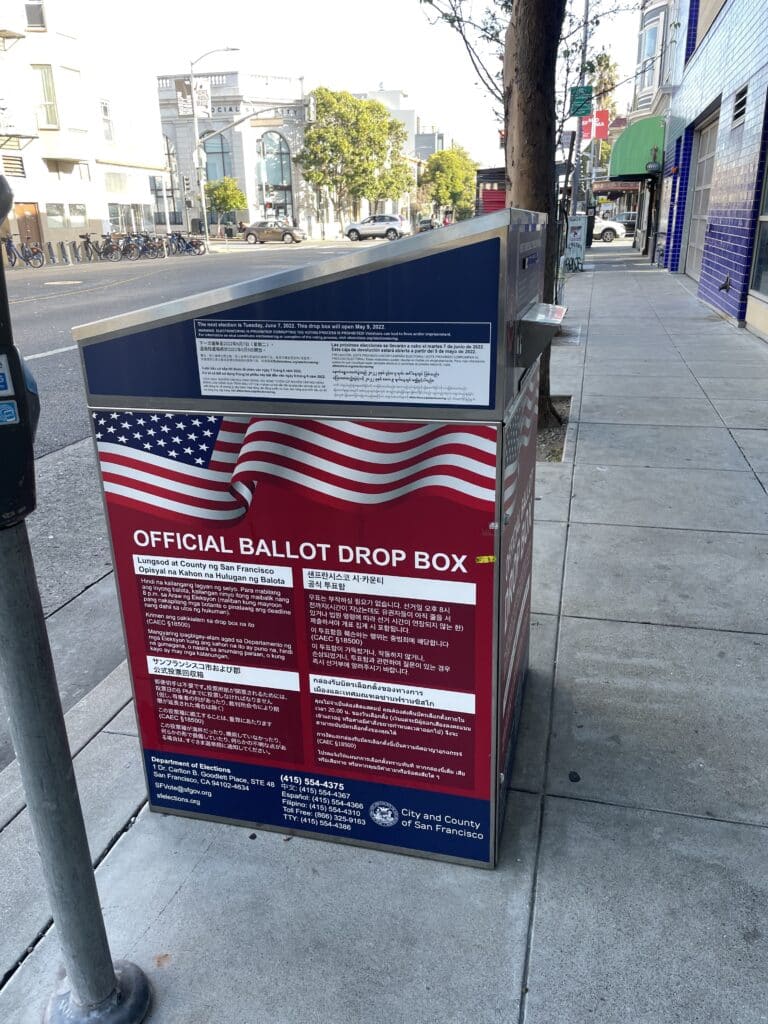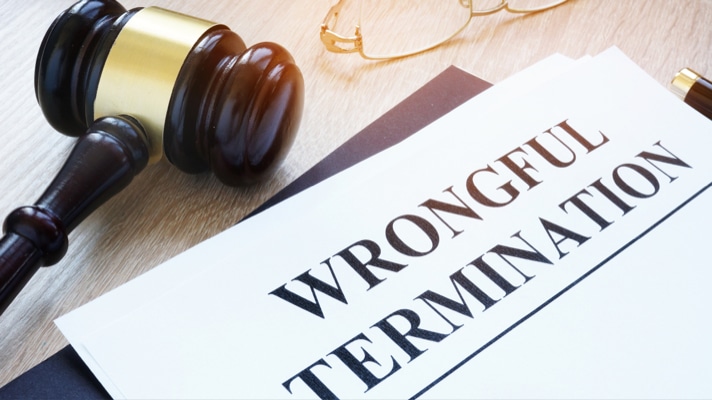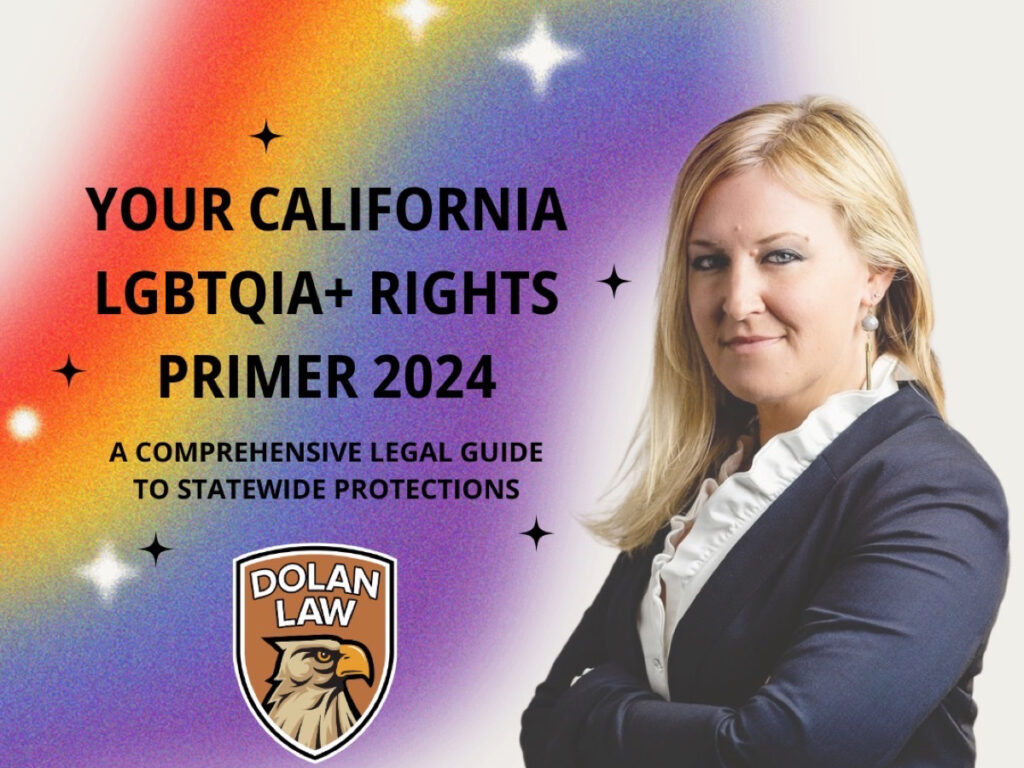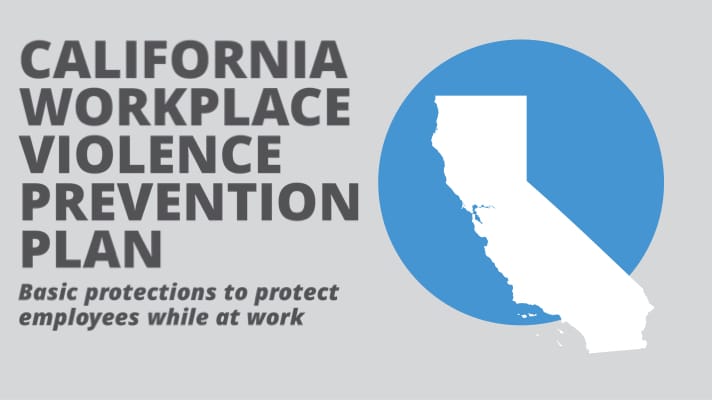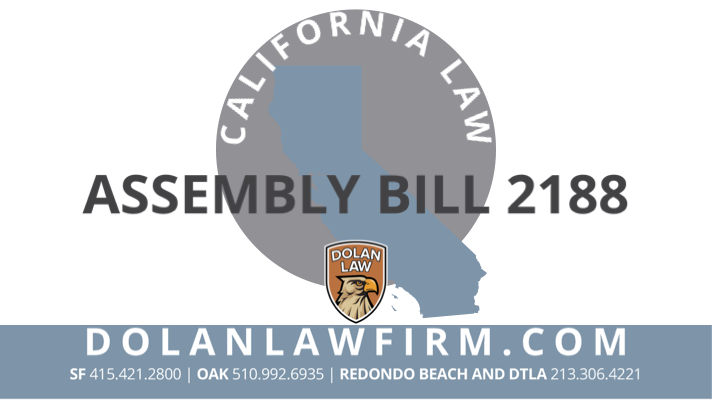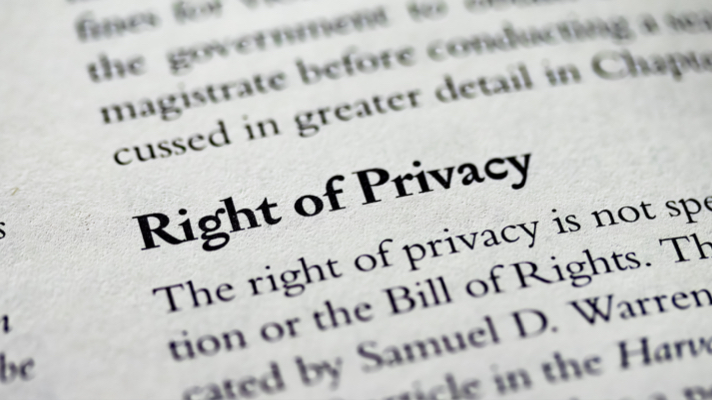Celebrate National Voter Registration Day: Know Your Rights and Get Ready to Vote!
Today is National Voter Registration Day, a reminder that your voice matters and your vote shapes the future. Whether you are new to voting or a seasoned voter, now is the time to make sure you are registered and informed about your rights. In California, we are fortunate to have strong protections that support voter […]
Celebrate National Voter Registration Day: Know Your Rights and Get Ready to Vote! Read More »

